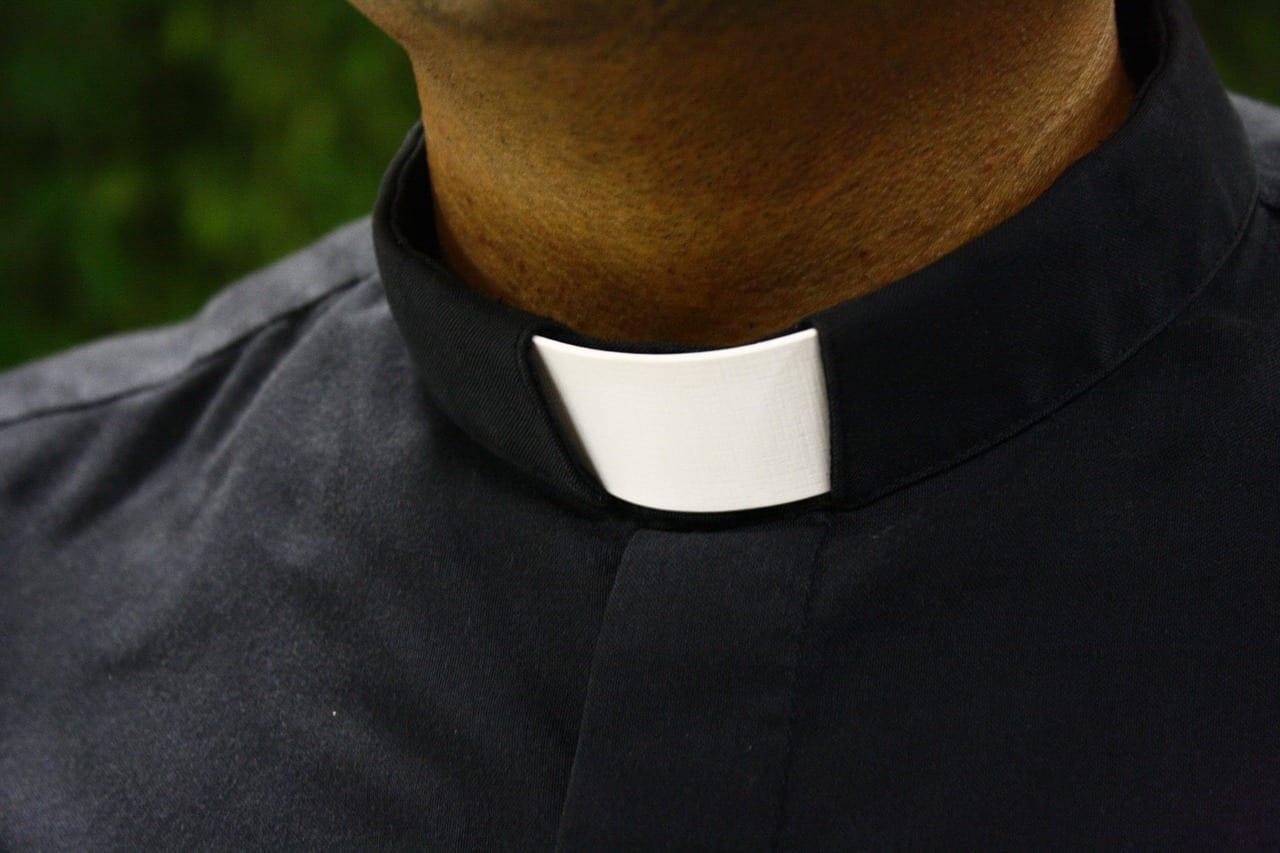TRENTON, New Jersey — New Jersey lawmakers on Thursday advanced legislation aimed at making it easier for childhood sexual abuse victims to seek damages in court after hours of emotional testimony.
The Democratic-led Senate Judiciary Committee voted 8-1 to advance the measure sending it for a vote in the full Senate in a packed hearing room, including some victims’ family members who carried pictures of their loved ones.
The legislation comes soon after the state’s five Catholic dioceses released the names of more than 180 priests credibly accused of sexually abusing minors over decades. It also comes after they announced last month the creation of a compensation fund for victims.
Some of the witnesses put the issue in stark terms.
“It should never be too late to hold rapists accountable,” said Patricia Teffenhart, executive director of the New Jersey Coalition Against Sexual Assault.
Among those testifying in support of the measure were a family of sisters who say they were preyed on by a now-deceased priest who came to their Harrisburg, Pennsylvania, parish in the 1980s after serving in New Jersey.
Also speaking in support was Katie Brennan, the head of the state’s housing mortgage agency, who came forward with sexual assault allegations against another state official in a newspaper account last year. Two county prosecutors declined to bring charges in the case against the man she says attacked her, but she is pursuing a civil complaint.
The legislation would allow child victims to sue up until they turn 55 or within seven years of their first realization that the abuse caused them harm.
The current limit is two years. Adult victims also would have seven years from the discovery of the abuse.
The bill also would give a two-year window to victims who were previously barred by the statute of limitations and allows victims to pursue claims as individuals as well as institutions.
There is no criminal statute of limitations in such cases in New Jersey.
Among those opposed to the measure were the state Catholic Conference and the New Jersey Civil Justice Institute.
Patrick Brannigan, the conference’s executive director, said the New Jersey church is fully cooperating with state law enforcement officials who are investigating abuse claims in New Jersey and added that the church “sincerely regrets that some in the church failed to protect children.”
He said that the church agrees with the intent of the bill but differs on its approach, specifically he asked the bill’s implementation of Dec. 1 be made later.
Alida Kass, the president of the civil justice institute, said the bill’s retroactivity could sweep in nonprofits and other organizations, and not just suspected predators.
“The collateral damage will be significant,” she said.
Legislation to modify New Jersey’s laws has been on lawmakers’ agenda for nearly a decade, with lawmakers introducing a forerunner bill in 2010.
Other states have also acted to loosen their statutes of limitations.
Roughly three-quarters of states amended their statutes of limitations for child sex abuse cases since 2002, according to Child USA, a Philadelphia-based nonprofit research and advocacy group. The group testified in favor of the bill Thursday.















